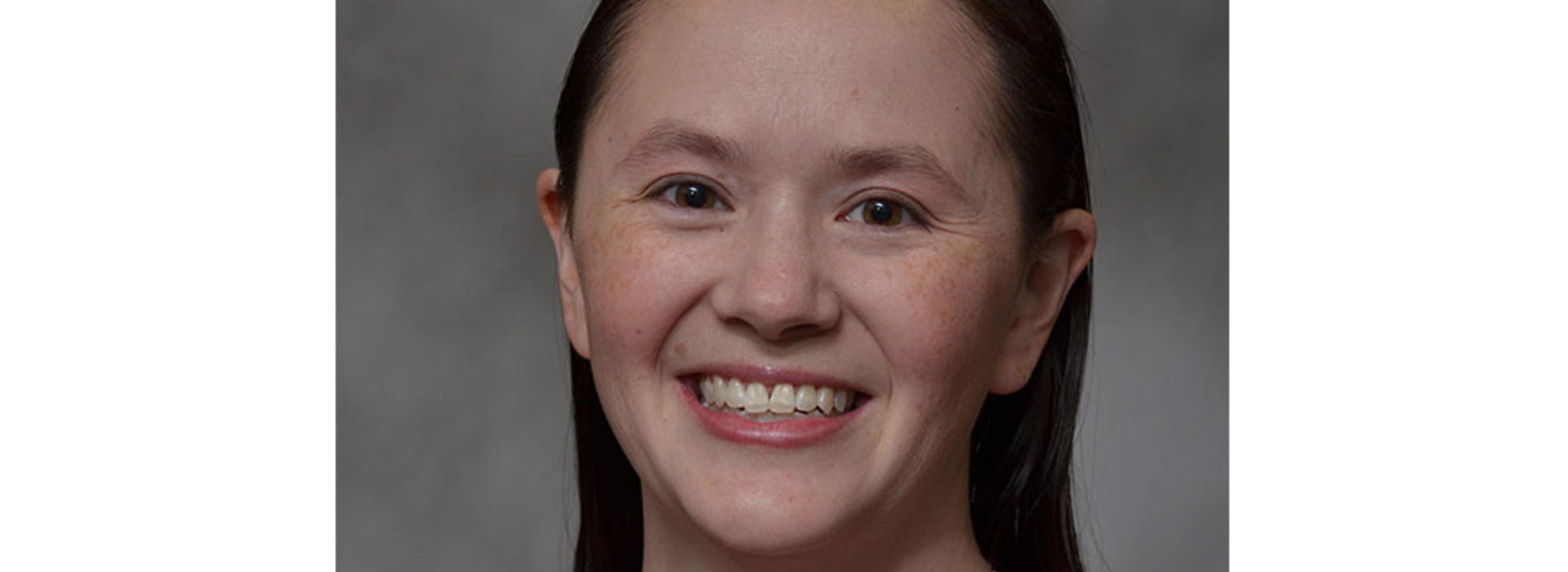
Amy Karger, MD, PhD, Positions U as Experts in COVID-19 Testing
When Amy Karger, MD, PhD, started her medical training, she soon realized she loved both research and patient care. A drive to find a career that afforded her both opportunities brought her to the University of Minnesota Medical School in 2008 for a clinical pathology residency.
“I wanted to focus on laboratory medicine, and the University has a long history of excellence in the field with very strong faculty who have world-renowned reputations,” Dr. Karger said. “I recognized that it would be a good place to train, and now, I’m fortunate to be able to work alongside a lot of those faculty mentors who taught me.”
In 2013, Dr. Karger joined the Department of Laboratory Medicine and Pathology as an assistant professor.
A Leader in Point-of-Care Testing
Along with serving as faculty, Dr. Karger owns several clinical responsibilities. She is the medical director of the West Bank Laboratory, which primarily services the M Health Fairview University of Minnesota Masonic Children’s Hospital, and the director for the Biochemical Genetics Laboratory—both of which help find answers and diagnoses for pediatric and maternal and fetal patients.
Beyond the laboratory, her testing expertise extends into “point-of-care” or “bedside” testing—think finger-prick tests for diabetes or pregnancy tests.
“It’s testing that’s done right at the bed with the patient, where you get an immediate result, and you don’t have to send a sample to the lab for processing,” she said.
As M Health Fairview’s system medical director for point-of-care testing, she serves on a committee that vets the latest tests available on the market.
“I give guidance on what type of studies we need to do to prove whether or not a new point-of-care test is accurate, as well as figuring out if we should even be doing point-of-care testing in those situations or if we should rely on our central laboratory methods,” Dr. Karger said.
A Leader in the U’s Antibody Testing
As more and more commercial antibody tests entered the market claiming the ability to diagnose COVID-19, Dr. Karger, with her expertise in point-of-care testing, began vetting every email and phone call pitch—some from companies she never knew existed.
“None of the tests looked like they were reputable,” she said.
Medical School leadership soon realized a need to create and validate its own laboratory-developed tests for COVID-19. Marc Jenkins, PhD, and Fang Li, PhD, had laid the foundation for a new antibody (or serology) test but needed a leader and a lab to bring it up for clinical use. Dr. Karger stepped in.
“I was very excited about the opportunity to work on a challenge that we really haven’t had to face previously,” she said. “As much as I know I’ve contributed to this effort, I’ve learned a lot from the other faculty members who have been involved in getting the antibody test up and running.”
Today, the test is one of three developed by Medical School faculty, all of which will play a role in helping state leaders trace the spread and prevalence of COVID-19.
“There are new things we’re learning every day, and our team has worked tirelessly to get more testing available to those who need it,” Dr. Karger said. “My greatest hope is that we’ll have been perceived as having tried our best to really help figure out how to respond to this virus.”